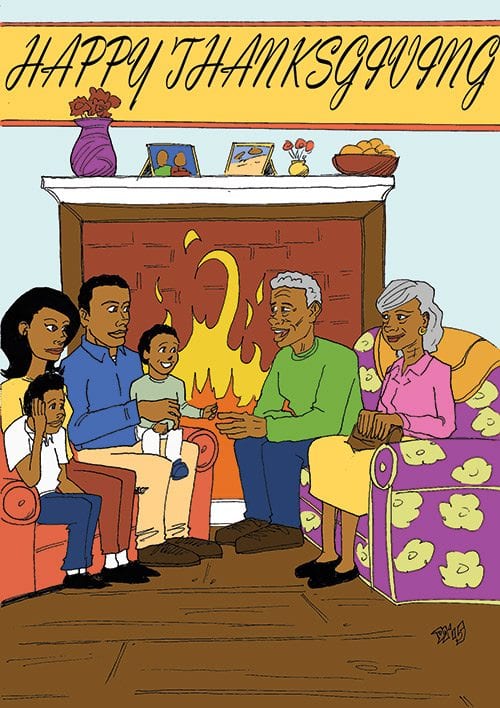
When analyzing black poverty, researchers often assume the cause is an inferior education, which prevents many blacks from qualifying for better paying jobs. The anticipated result is lower-level incomes. But in a recent Boston Globe article, “The outcast effect,” Farah Stockman suggests that researchers might have come to the wrong conclusion. She cites evidence to indicate that the poor might not do well in school because they know that only dead-end jobs await them.
Stockman relied upon research on the outcast class in Japan, the Untouchables in India, the Maori on New Zealand and the Jews in Israel from Africa and the Middle East. She indicated that affirmative action plans intended to improve the status of these groups have essentially failed because of the prevailing psychological sense of being outcasts. There clearly is a need for victimized groups to develop self-affirming practices to overcome the impediment of being characterized as inferior.
The so-called H-Block neighborhood of Roxbury of 80 or so years ago developed a sense of community pride that imbued youngsters with the confidence that they could succeed. Last week the most outstanding example of success from that Roxbury community visited Boston on a book tour. Dr. Clifton R. Wharton Jr. has published the memoir of his achievements in “Privilege and Prejudice: The Life of a Black Pioneer.” Boston Latin School, Boston’s stellar public college preparatory institute, hosted his visit.
Wharton, a Harvard alumnus and the first black Ph.D. in agricultural economics from the University of Chicago, also was the first African American to head a national foundation, a major public university (Michigan State) and a Fortune 500 company (TIAA-CREF). On his recent trip to Latin School he was given the special honor of having his name inscribed on the lower frieze of the auditorium. Among other fellow alumni so honored are Joseph P. Kennedy, the patriarch of the former president’s family and Roy E. Larsen, the legendary first editor of Time Magazine.
As the title of his book suggests, Wharton encountered prejudice on his way forward to three successful careers, but the “privilege” of having an aspiring family as well as a supportive community provided the inducement to succeed. Boston’s bigotry limited professional opportunities but was never able to suppress the long-held reverence of African Americans for the value of education.
While Wharton’s achievements are outstanding, several other former residents of the H-Block Roxbury neighborhood also have had extraordinary careers. The late Wade McCree became the first black judge appointed to the 6th Circuit federal appeals court, and also was the second black U.S. Solicitor General. Additionally, the first black Massachusetts federal district court judge and the first black judge of the state Superior Court were both H-Block residents.
At a time when it was more unusual to attain a bachelor’s degree, the number of college graduates from H-Block was substantial. In H-Block, going to college in the 1940s, 1950s and 1960s was simply a rite of passage. Higher education remained attractive even though many college graduates had to work as hospital orderlies, janitors and red caps until opportunities developed.
One aspect of Stockman’s “outcast effect” is that those in the lowly caste are limited to unskilled jobs. Back in 1940 the black population of Boston was only 3 percent of the total. It was then impossible to develop the political clout necessary to end racial discrimination in employment. However, the assertive dignity and academic achievements of African Americans prevented whites from reasonably characterizing Boston’s blacks as outcasts. As we celebrate Thanksgiving, Roxbury’s younger generation should be thankful for the discipline and academic achievements of their elders that vitiated the efforts of bigots to impose a psychological impediment to impair black progress.






